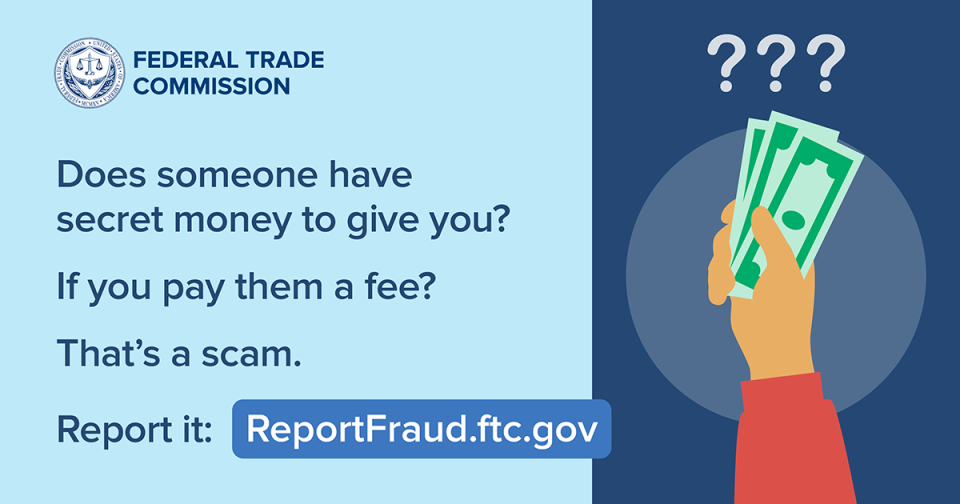
The rise in scammers targeting Korean Americans and other minorities this holiday season is prompting caution.
Ethnic Media Services (EMS) and the Federal Trade Commission (FTC) held an online press conference on November 21 to discuss recent scams targeting minorities, including Korean Americans.
According to the FTC, recent scams targeting minority communities have centered on soliciting financial payments and wire transfers. Specifically, victims are approached in minority languages, such as Korean, rather than English, making it easier for immigrants to provide personal information.
As a result, the FTC has issued scam alerts for each minority language, including Korean, urging extra caution.
For example, a scam alert titled “A Scam Alert for the Korean Community” describes a scenario where an American “lawyer” requests a substantial transaction fee from his target (referred to as Dan) in South Korea. The reason? The “lawyer” claims to assist the King of Cambodia, who allegedly has $1.2 million in secret funds in a U.S. bank account, withheld by the U.S. government. The “lawyer” presents numerous “government” documents to substantiate this story, promising Dan a significant portion of the money.
Immigrants are often duped by scammers impersonating federal government officials, asking for money or referencing the scammer’s home country, such as South Korea or Vietnam, and requesting help in sending money to their children, the FTC noted.
Additionally, scammers are increasingly using texts or emails that appear to be from companies like Netflix, PayPal, or UPS to lure people into clicking their links.
“The moment you click on the attached internet link, your personal information is often compromised,” an official warned. “Especially in minority communities, when they hear the name of a government agency, they are more likely to divulge sensitive information such as Social Security numbers and driver’s licenses. The federal government will never request personal information over the phone or in an email. Dismiss any email or phone call that mentions money and report it to the authorities.”
Recent data from Syracuse University’s Transactional Records Access Clearinghouse (TRAC) shows that the number of wire fraud prosecutions involving electronic communications, like email and text messages, exceeds 1,000 each year. In the last fiscal year (2022-2023), there were 1,304 prosecutions, the highest level since 1986, when TRAC began tracking these cases.
“Korean Americans are often scammed and hide due to embarrassment,” said Jongwon Lee, an attorney at EMS. “If you’ve been scammed, you should report it to government agencies so they can track down the criminals and prevent further crimes. Reporting in Korean is also an option, so be sure to do so.”
Email: reportfraud.ftc.gov
BY NICOLE CHANG, JUNHAN PARK [chang.nicole@koreadaily.com]





